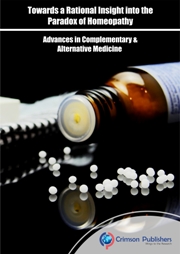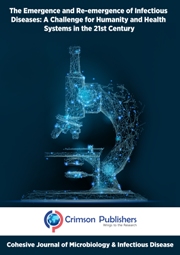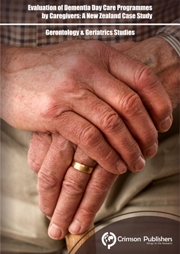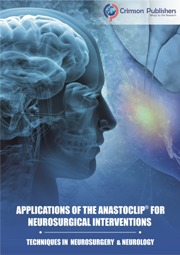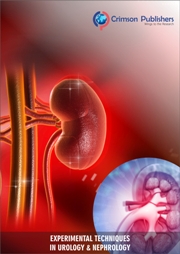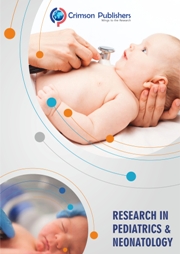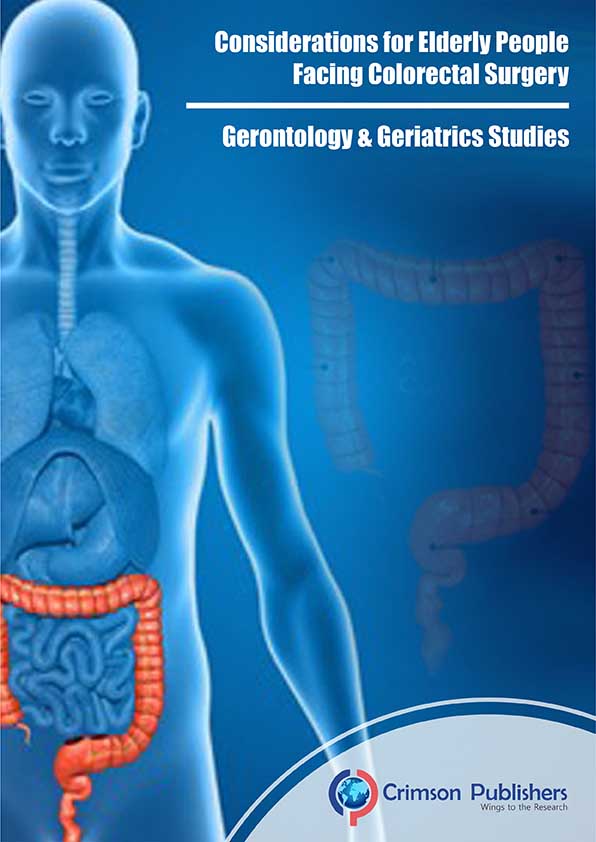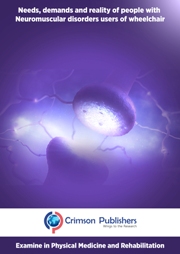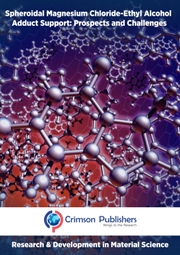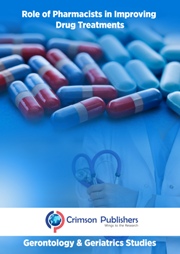- Submissions
Factors Predicting Sexual Dysfunction in Thai Cancer Patients after Treatment
Author by: Tiraporn Junda*
Article Type: Research Article
Published: October, 2018
Journal Name: Trends in Telemedicine & E-health
Abstract: Aim: Purpose of this research was to study what factors that can predict sexual dysfunction in Thai patients with cancer after treatment. Methods: This study was a predictive correlational research. Participants were 110 Thai patients with cancer of breast, prostate, bladder, and colon who were completed treatments from 6 months - 2 years from a university hospital, and 2 cancer specialize hospitals in 2013. The instruments were (1) the personal information and disease related treatment questionnaires (2) Dyadic Adjustment Scale developed by Spanier [1] and were translated into Thai by Kasemkitawatana (1993); and (3) the Sexual Health Dysfunction questionnaires developed by Kumdaeng [2]. Alpha Cronbach’s coefficients were .89 both Dyadic Adjustment Scale and Sexual Health Dysfunction questionnaires. Data were analyzed by descriptive and multiple regression. Result: Results found that gender, dyadic consensus, and affectional expression in the dyadic adjustment could predict the sexual dysfunction at .05 level, whereas age, duration of marriage, and other two subscales of dyadic adjustment could not predict the sexual dysfunction in patients with cancer after treatment. Conclusion: Results confirmed that Thai cancer patients generally had to deal with sexual dysfunction. Female with low degree of dyadic consensus and less affectional expression predictively had more sexual dysfunction. These results can be used as evidence-based to provide and improve sexual health in patients with cancer after treatment.
 a Creative Commons Attribution 4.0 International License. Based on a work at www.crimsonpublishers.com.
Best viewed in
a Creative Commons Attribution 4.0 International License. Based on a work at www.crimsonpublishers.com.
Best viewed in 

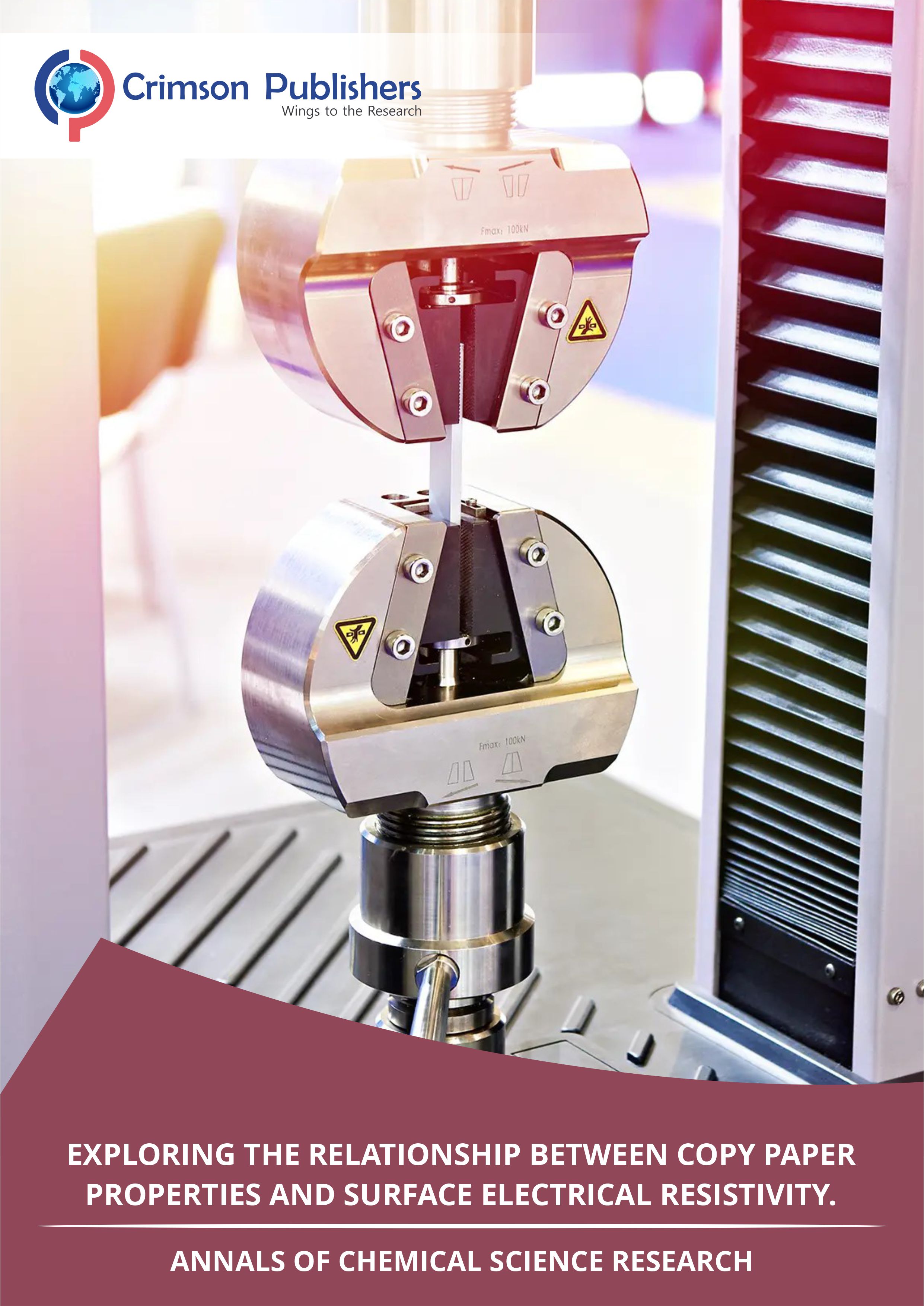













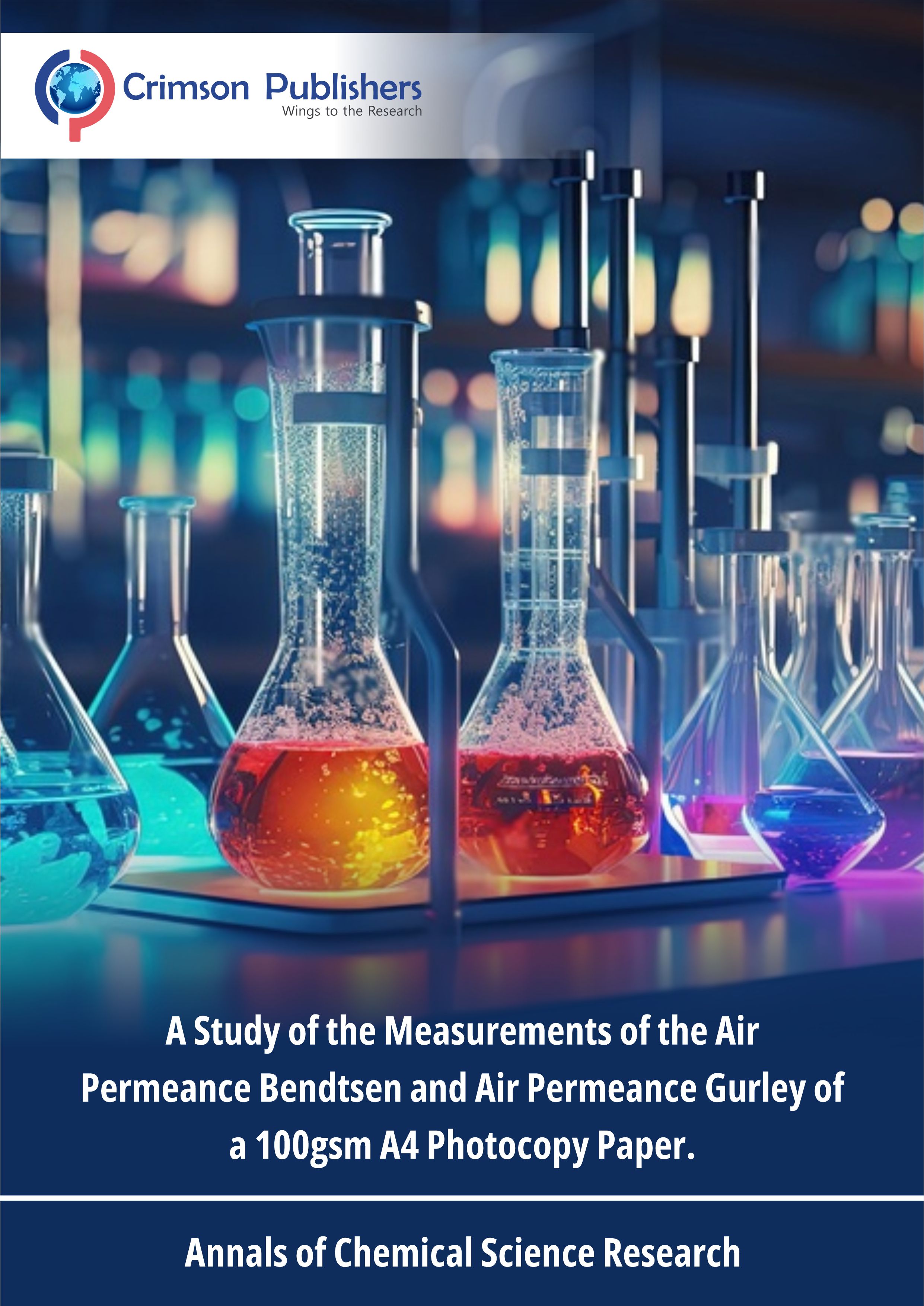
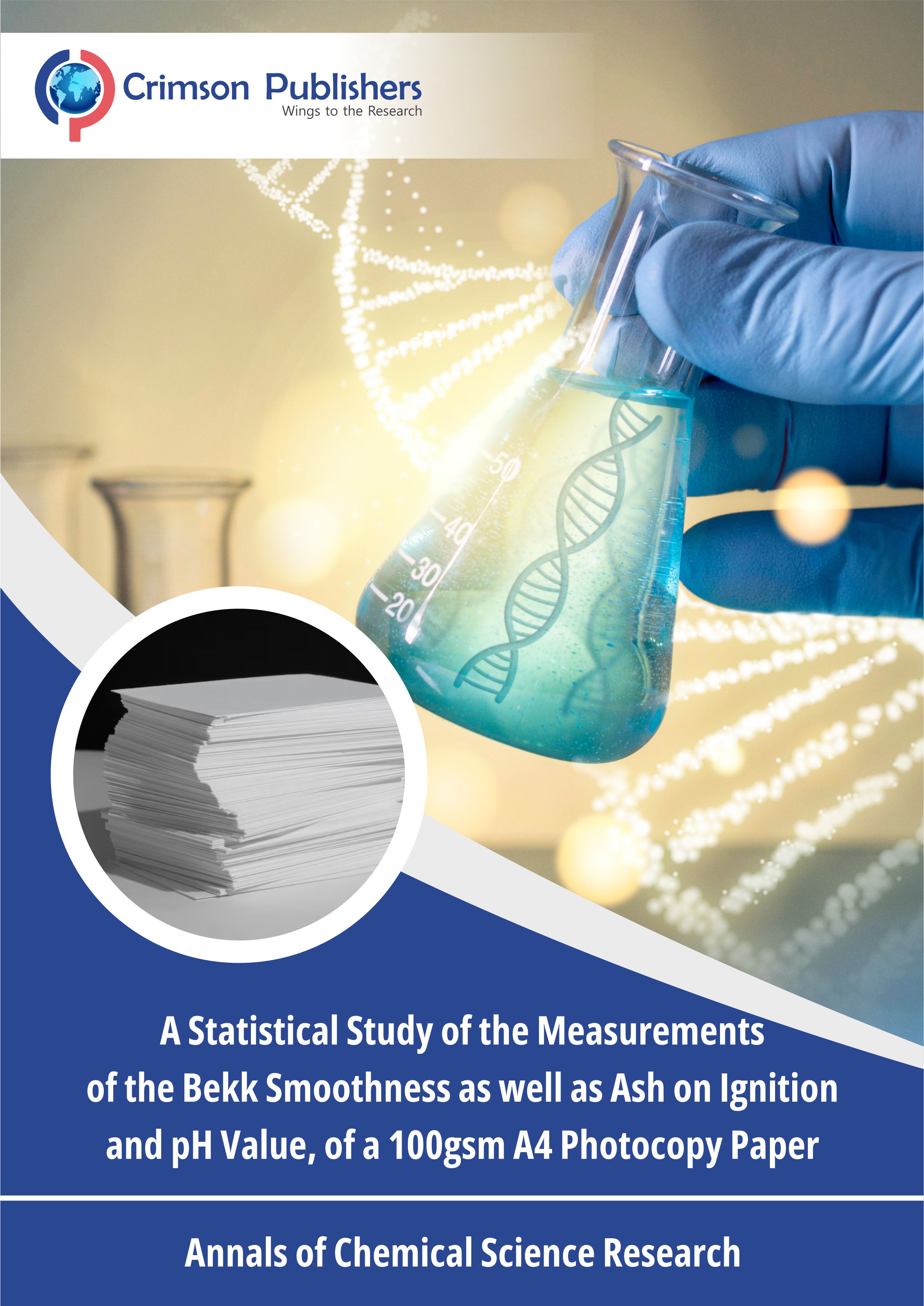

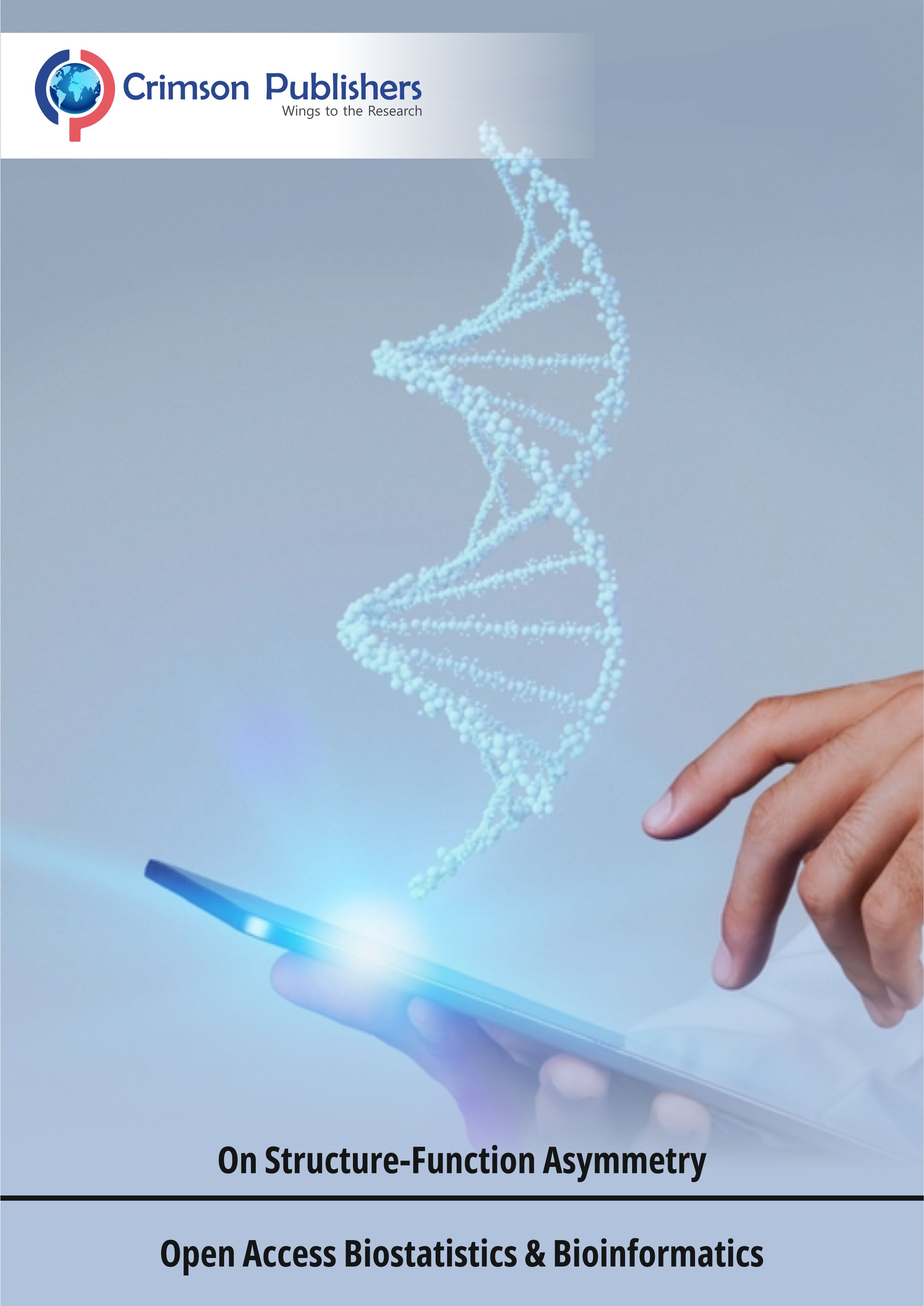
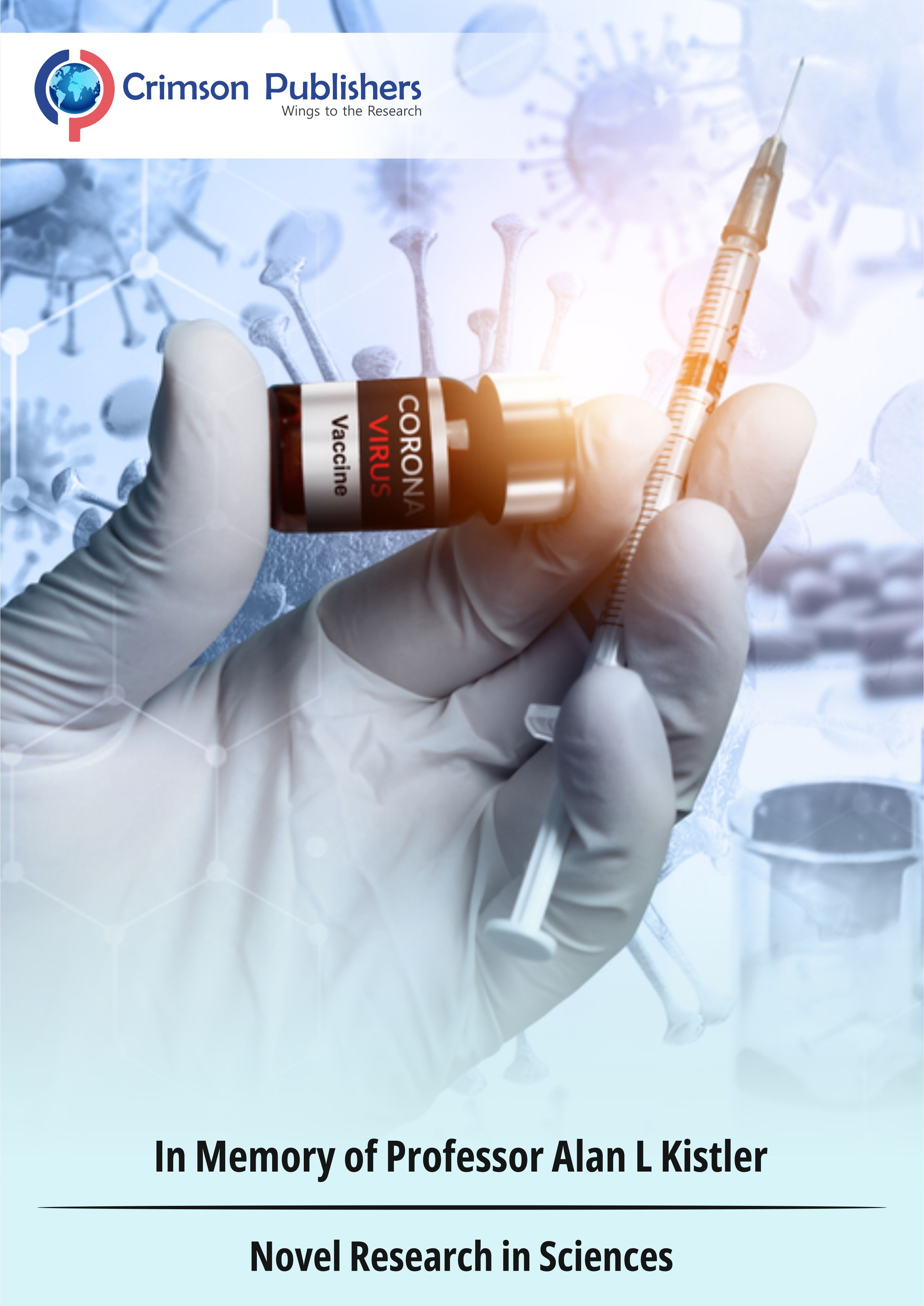
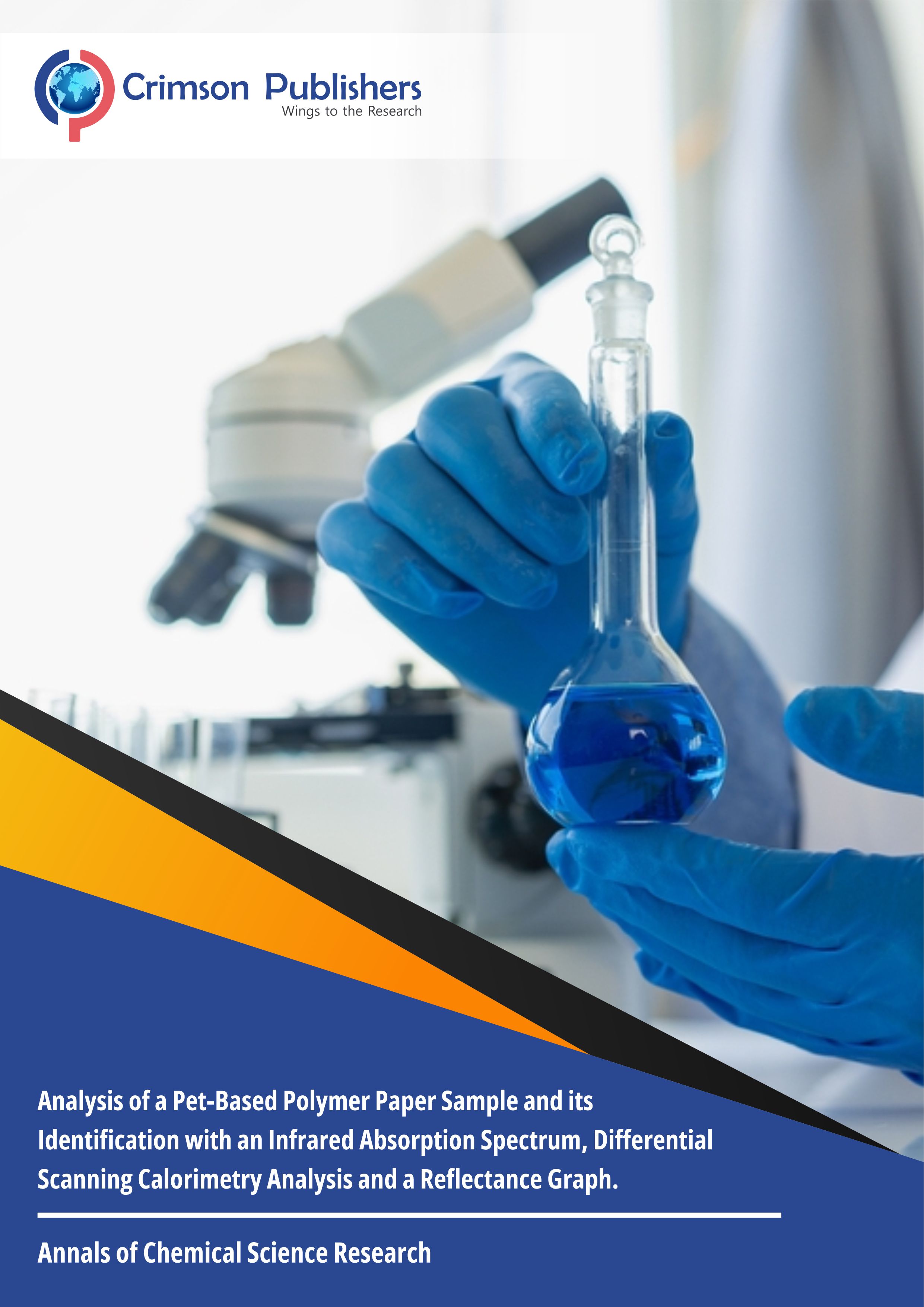
.jpg)

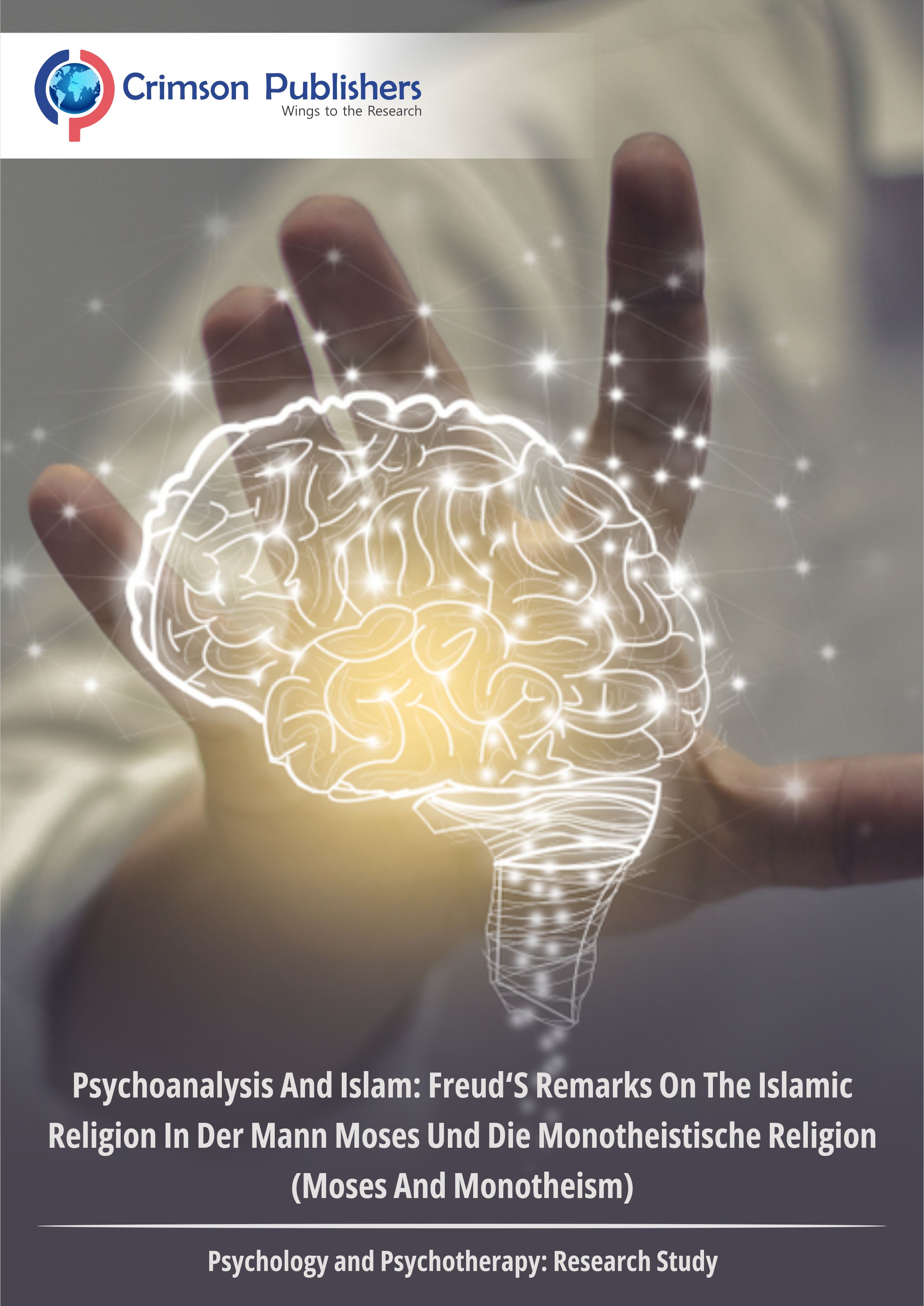
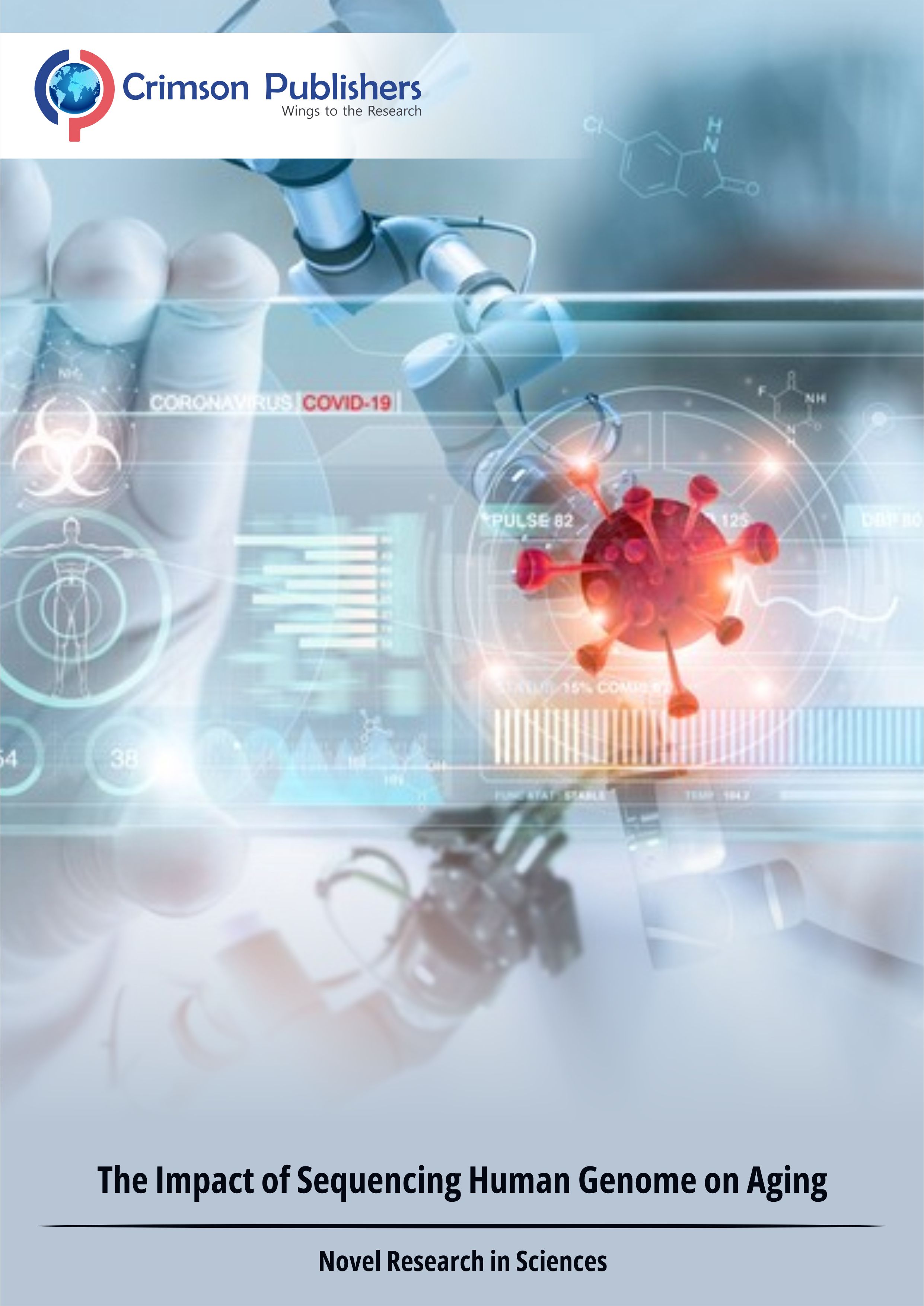
.jpg)
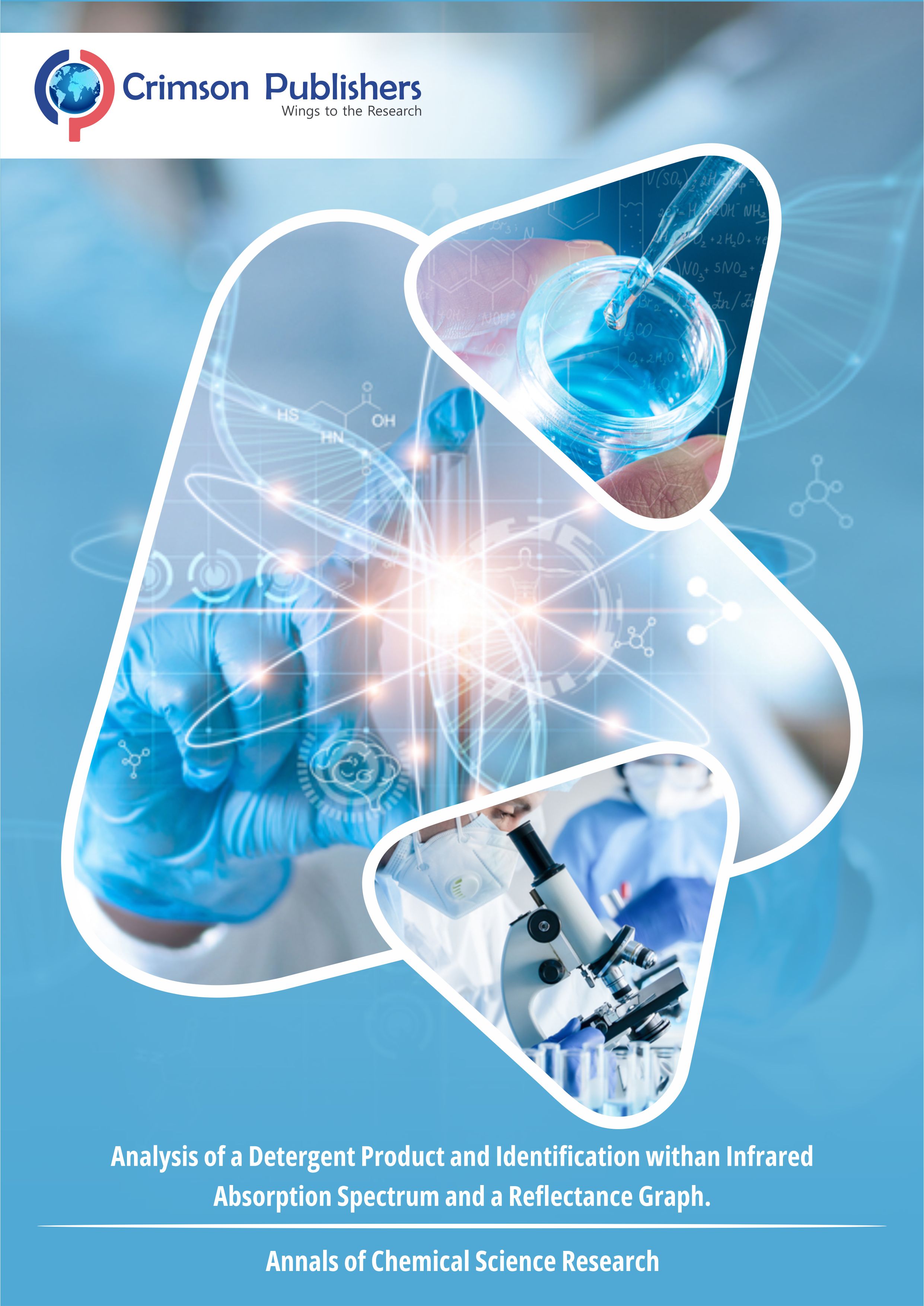

.jpg)

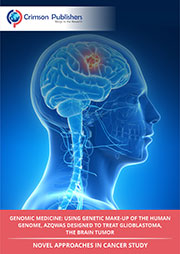
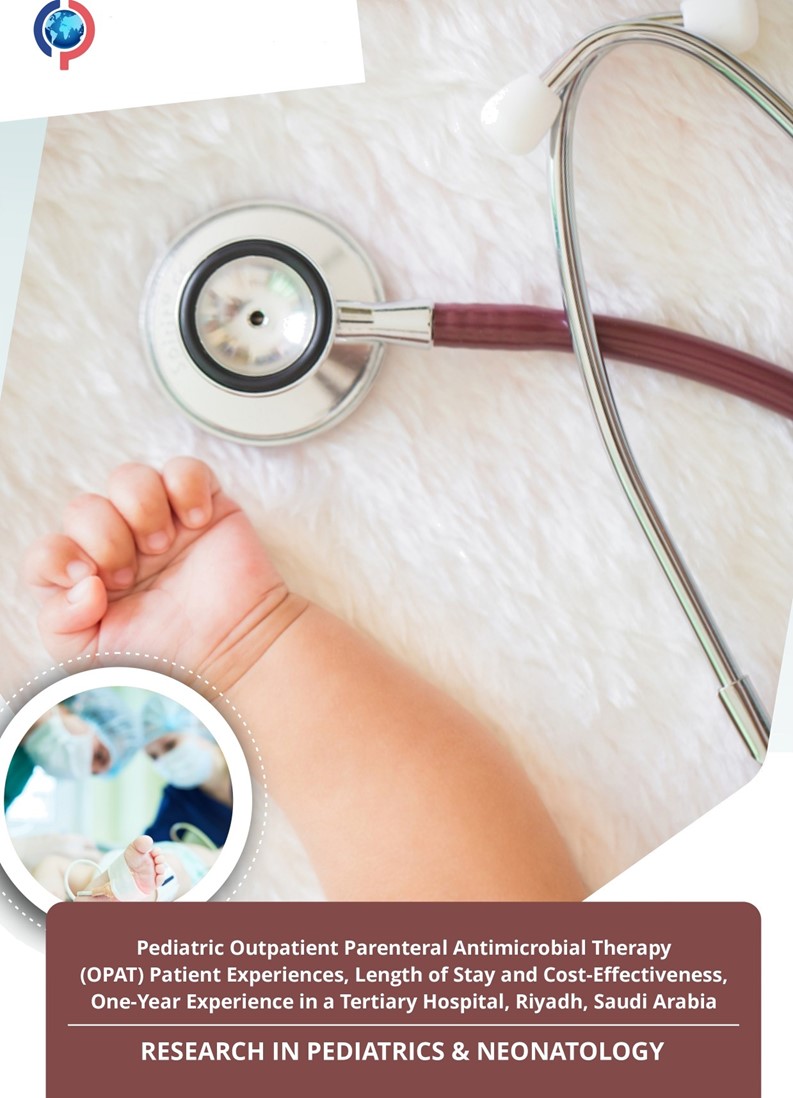
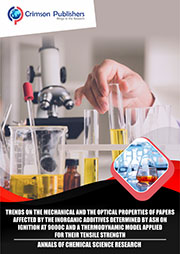

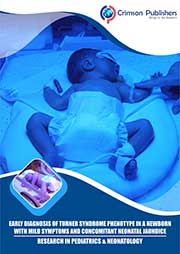
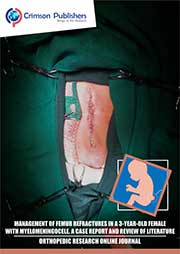
.jpg)

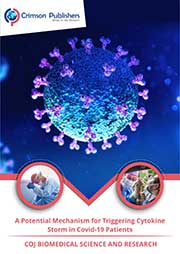
.jpg)
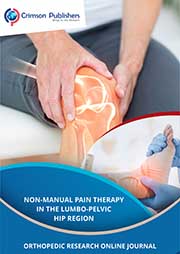

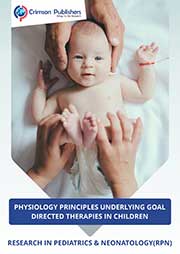

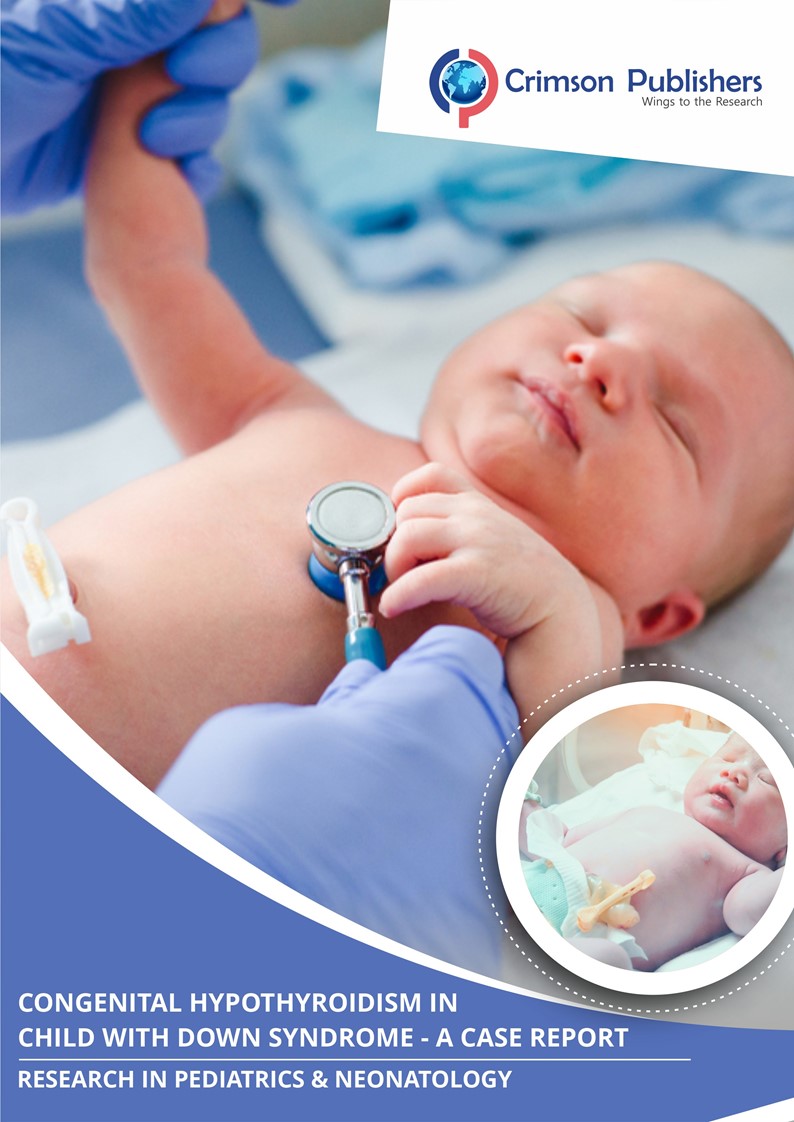
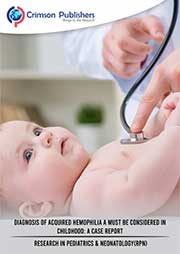

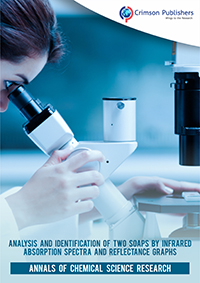



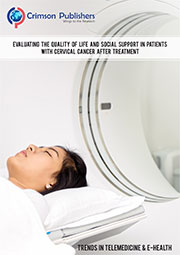
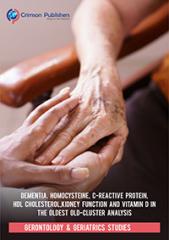
.jpg)


